Hyundai develops machine learning-based Smart Cruise Control technology
Hyundai Motor Group has reached a significant milestone in the field of cruise control tech, as it has announced the development of world’s first machine learning-based Smart Cruise Control (SCC-ML) system.
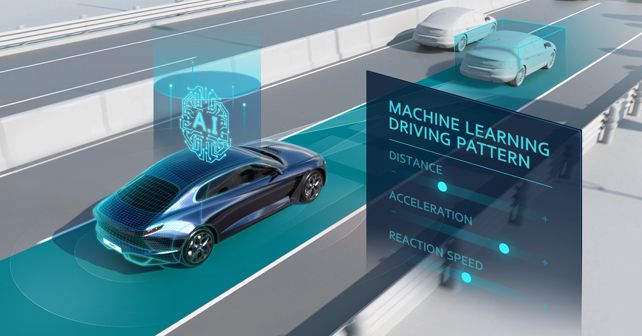
The AI-enabled Smart Cruise Control system allows incorporation of driving patterns & habits into autonomous driving behaviour.
Hyundai Motor Group has reached a significant milestone in the field of cruise control tech, as it has announced the development of world’s first machine learning-based Smart Cruise Control (SCC-ML) system. This takes the Advanced Driver Assistance System (ADAS) feature a step further, allowing the car's brain to incorporate driving patterns into the self-driving behaviour. For those not aware, machine learning is the application of Artificial Intelligence (AI) to come up with algorithms that allow a system/machine to 'learn' from experience, instead of being externally programmed.
The conventional Smart Cruise Control (SCC) has the ability to maintain distance from the vehicle ahead while travelling at the speed selected by the driver. This is achieved through radar guidance. The SCC-ML, in addition, allows the system to learn the driver's driving pattern & habits on its own. This allows for a more custom or tailor-made autonomous driving experience.
For instance, in the case of an SCC, the driver can set the distance to be kept from the preceding vehicle and the level of acceleration. But, with the SCC-ML, the car can actually figure out patterns like maintaining a short distance from the preceding vehicle during slow, city driving and staying further away when driving in the fast lane. The camera & radar at the front of the car constantly acquires driving information and send it to a centralised computer. The SCC-ML then analyses the data to distinguish over 10 thousand patterns.
While the technology is still in the process of becoming feasible for production cars at the moment, Hyundai has announced that it will surely make its way onto future Hyundai Motor Group vehicles in select markets.
Read more:
Hyundai Motor Group develops a new centre-side airbag
Future Hyundai & Kia cars could get an onboard e-scooter for last-mile connectivity
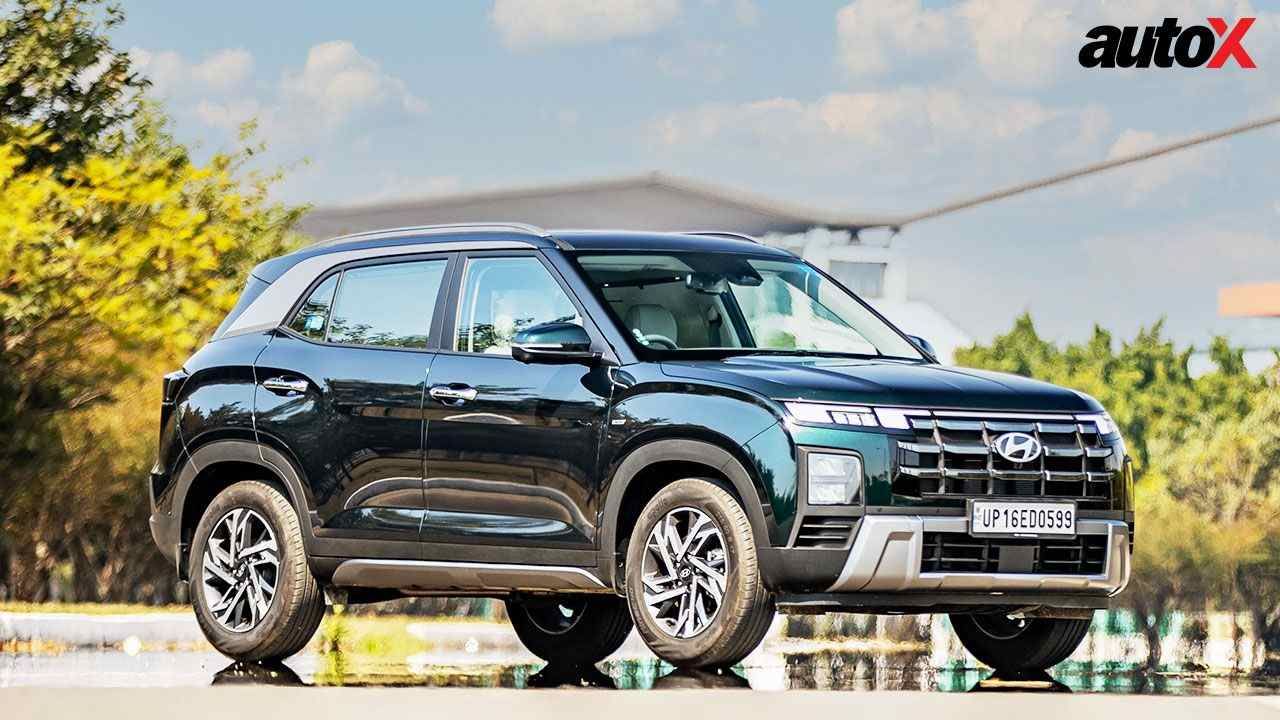
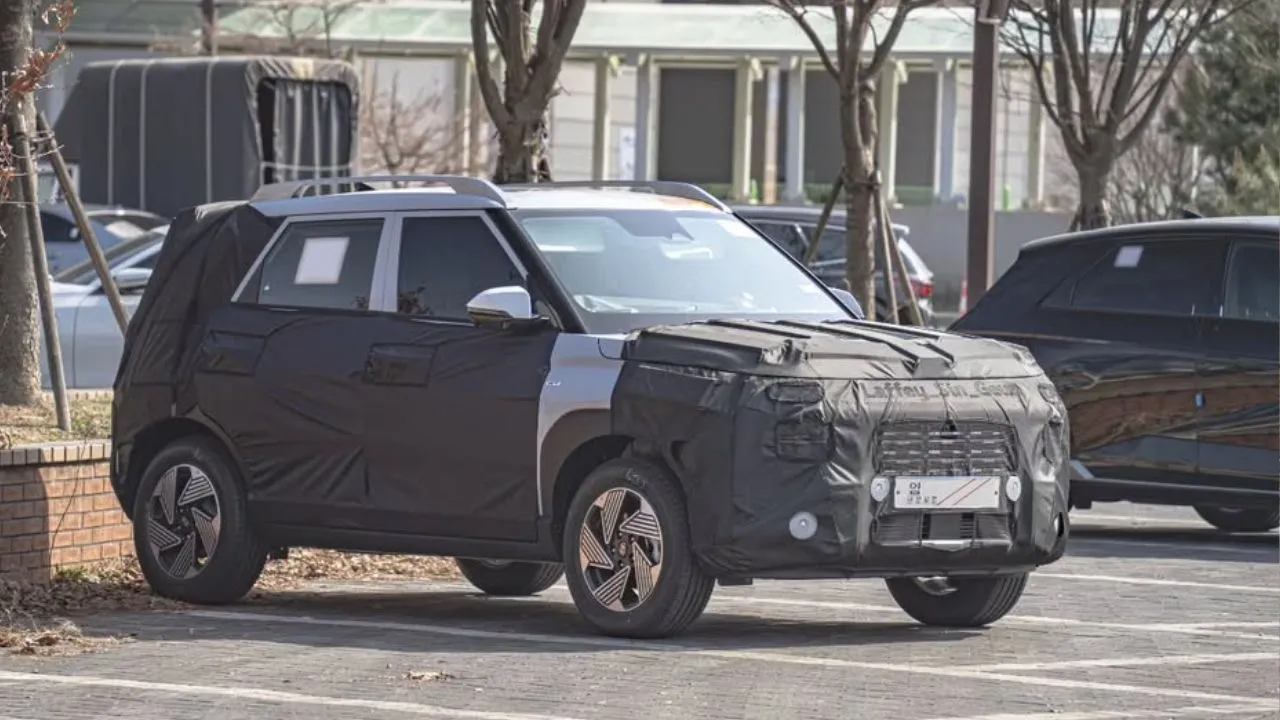
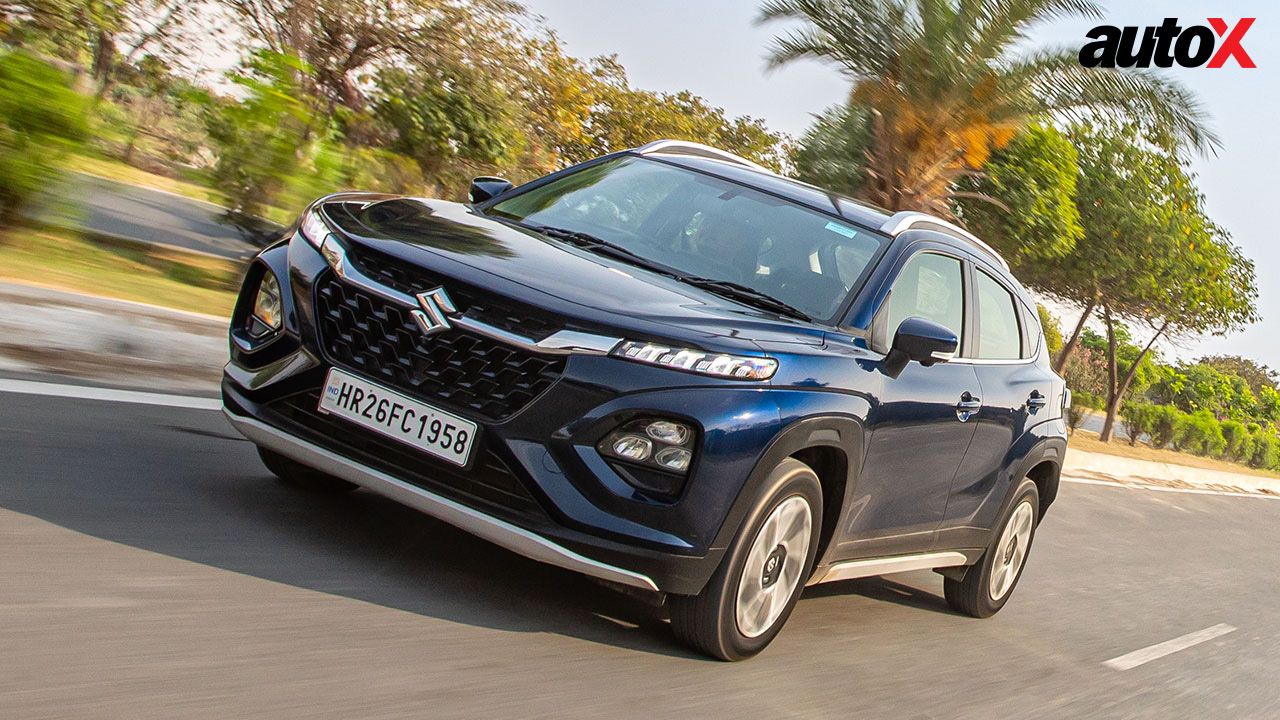
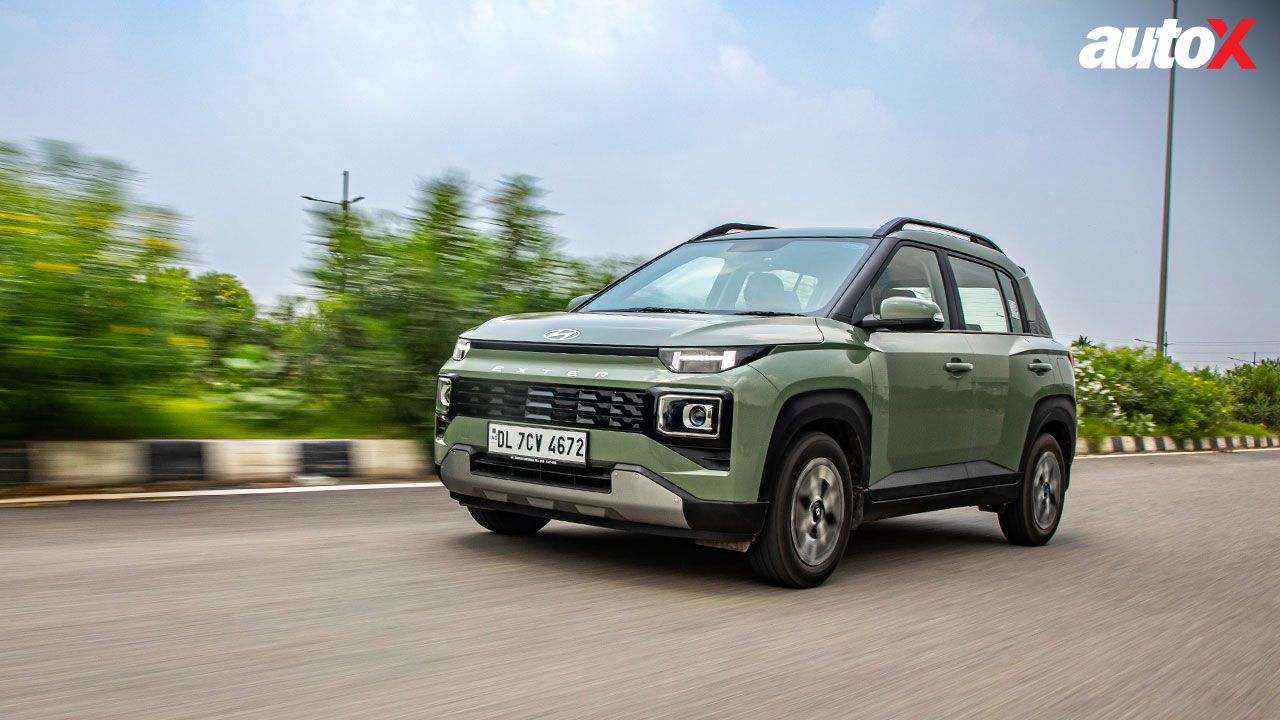
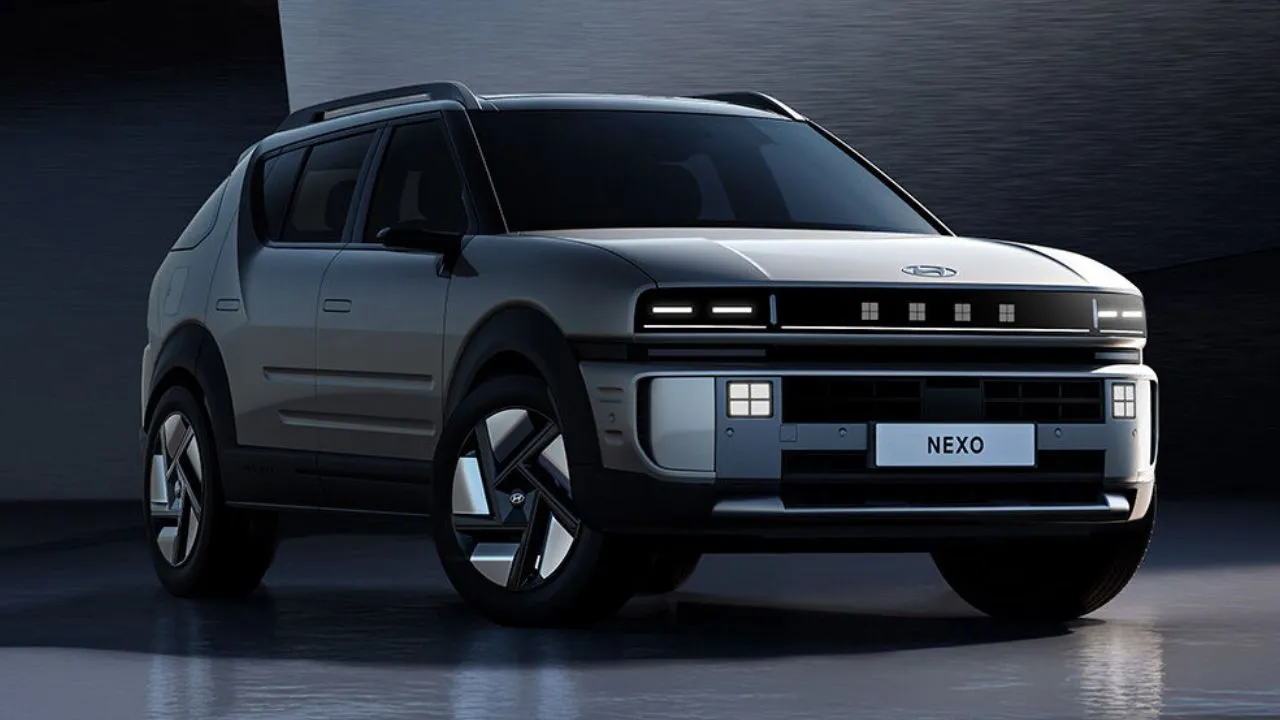
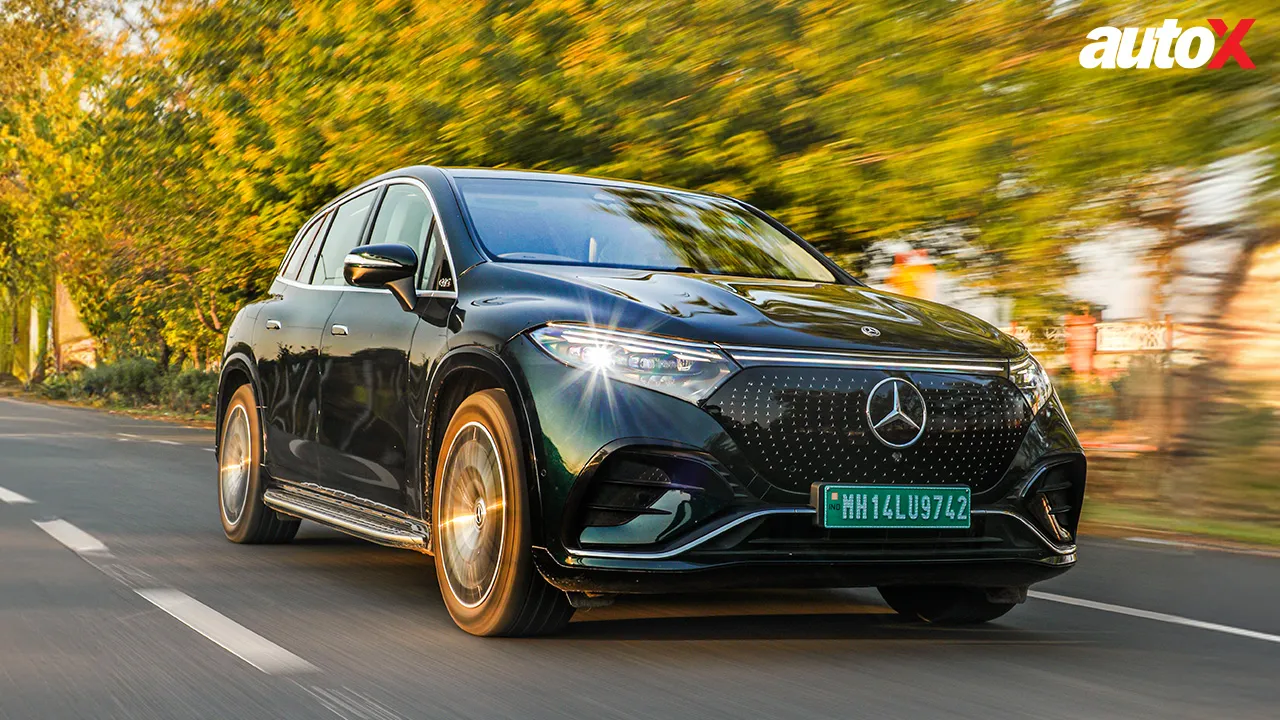
.webp)
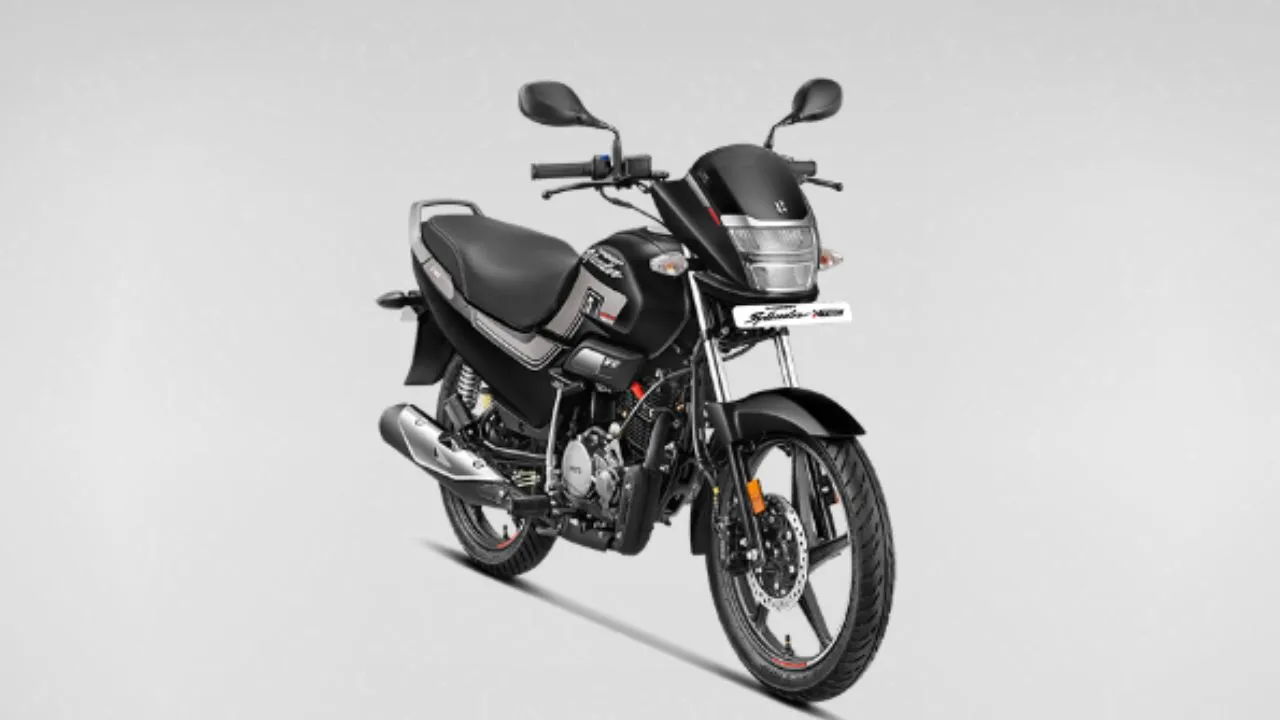
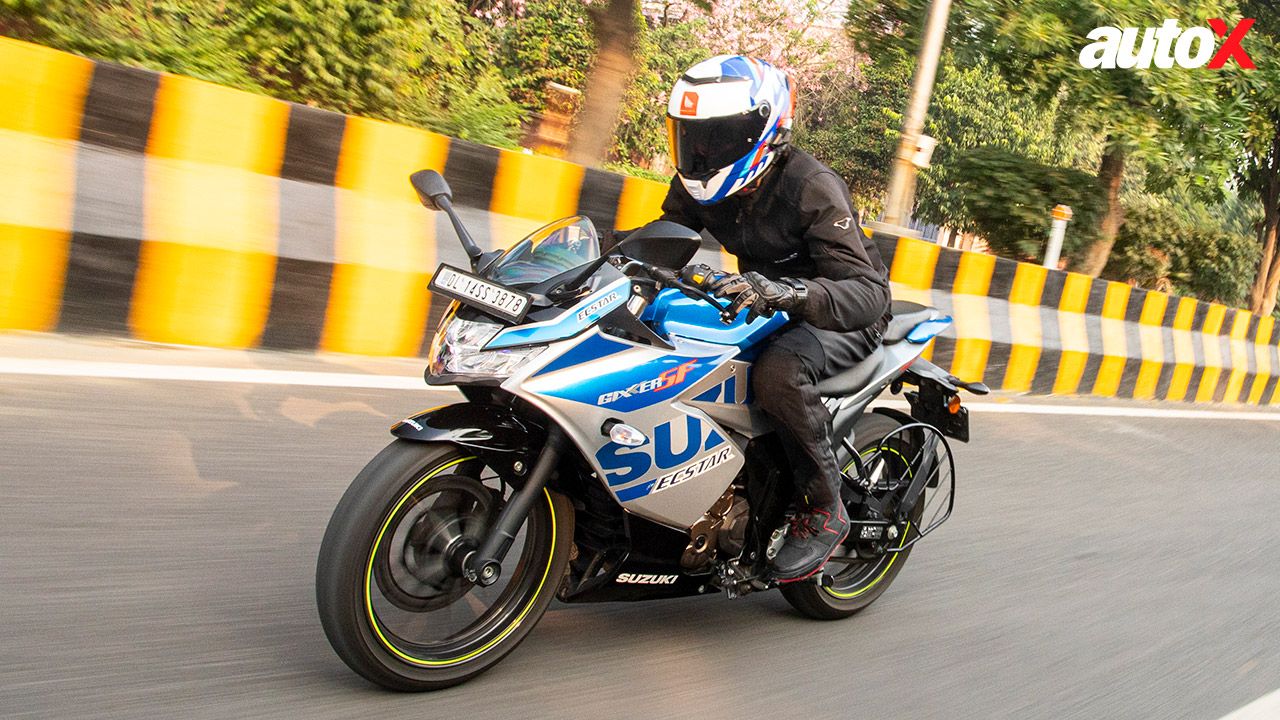

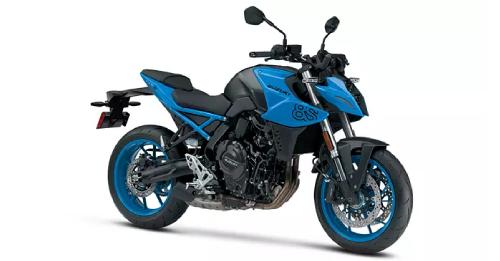
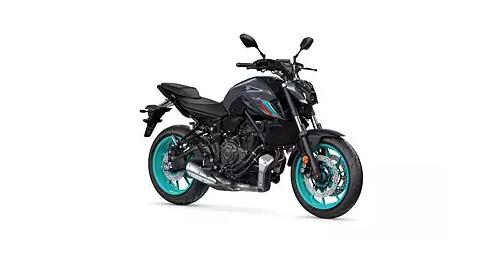
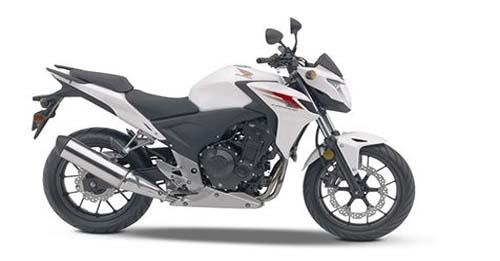
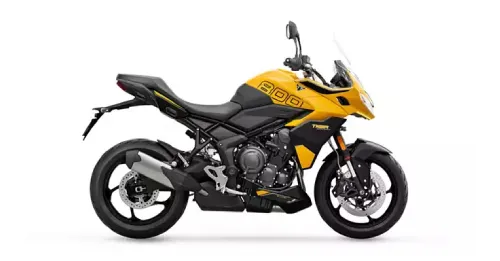
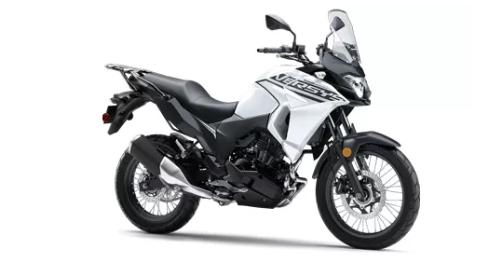







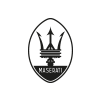

Write your Comment on